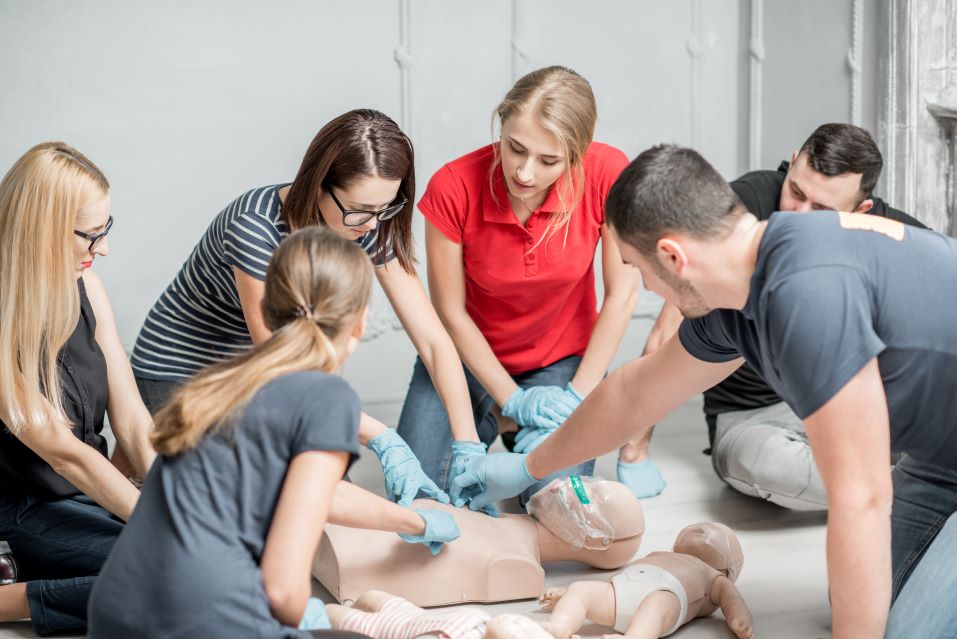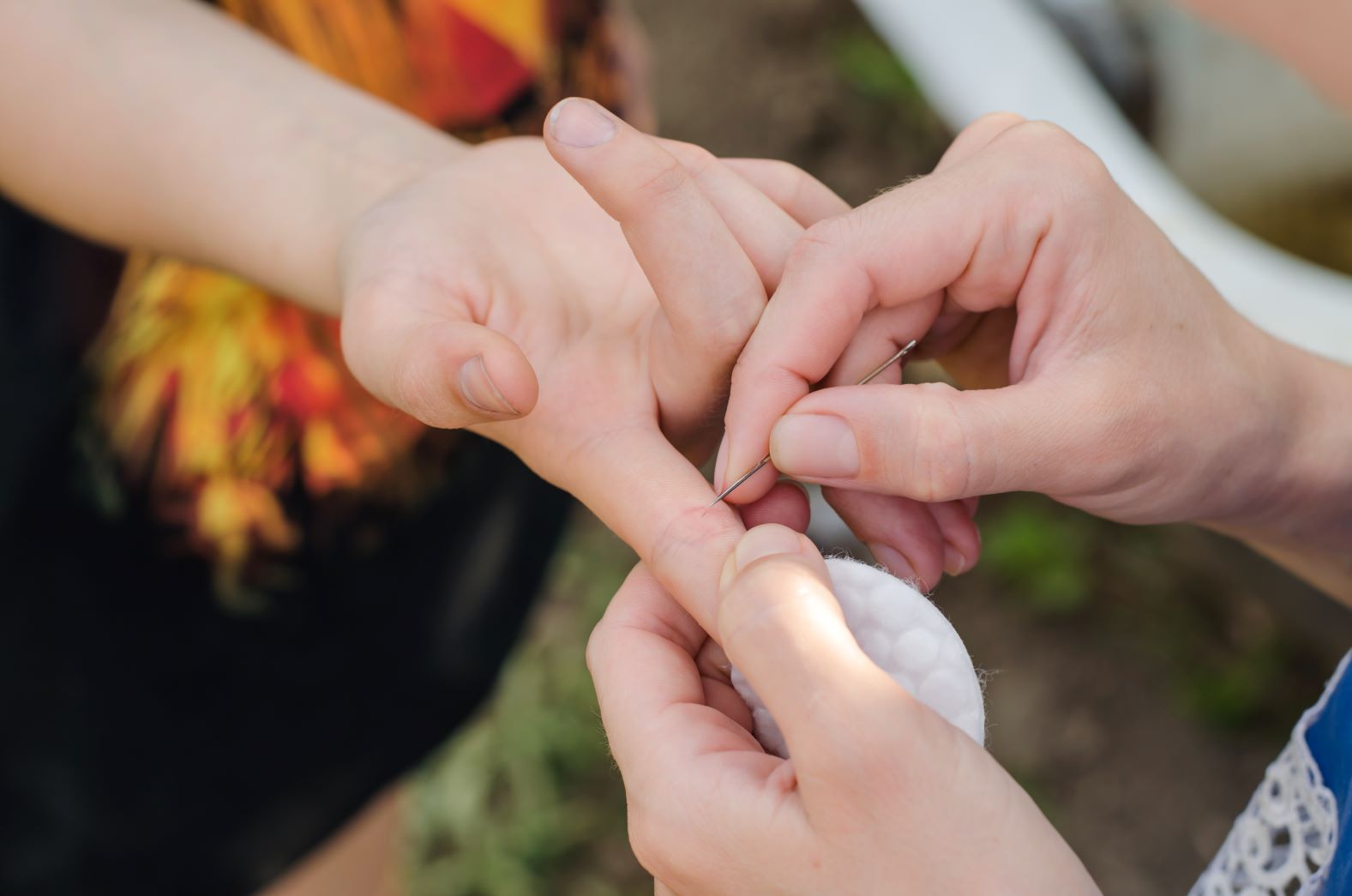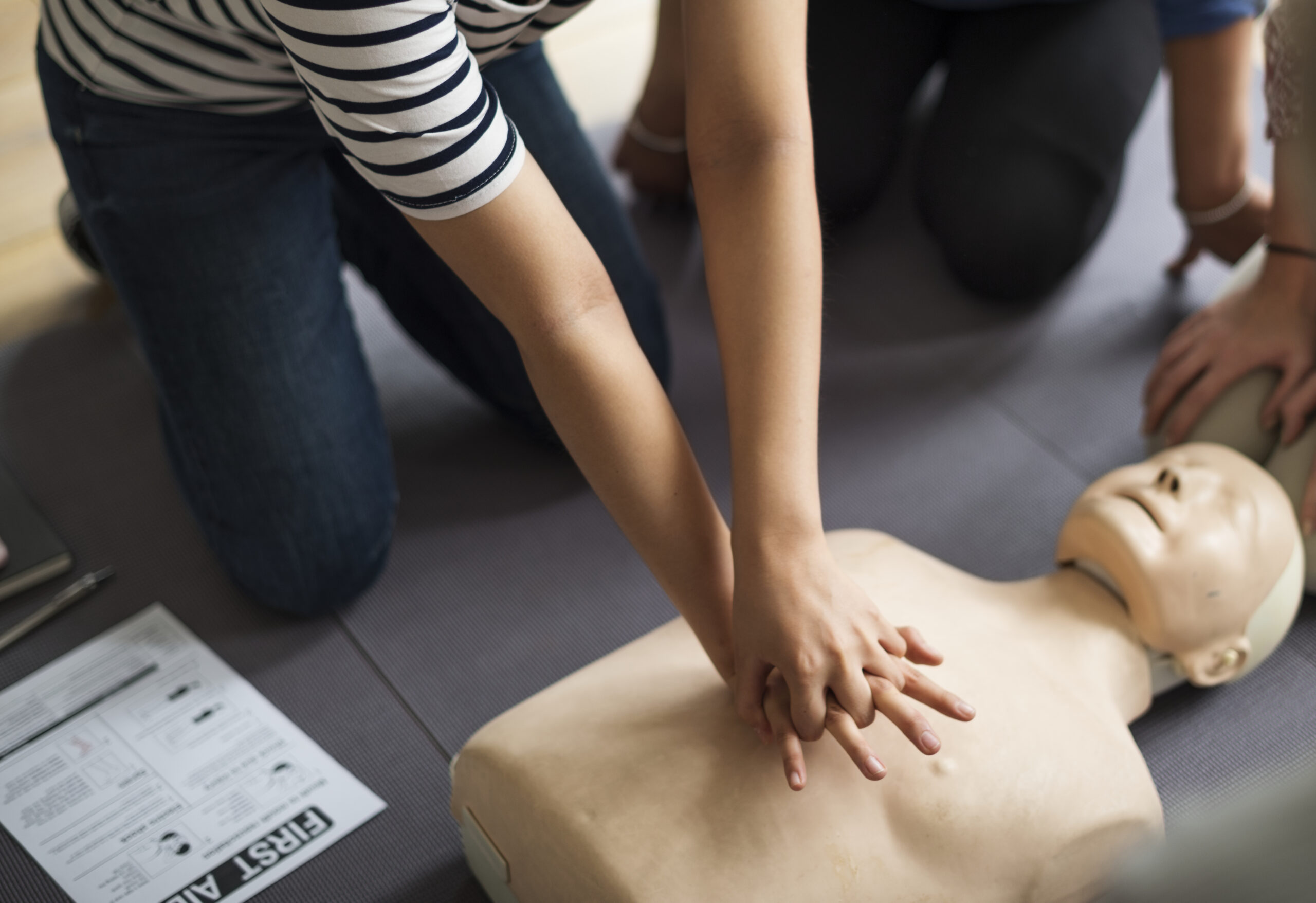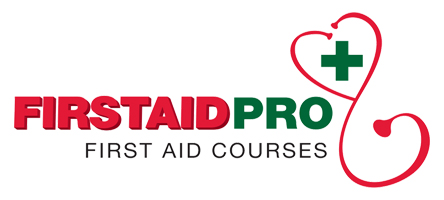High fever, frequent coughs, chills, sore throat, headache, and body aches – getting the flu is absolutely no fun.
Flu is a contagious respiratory infection that can affect your whole body, including the eyes, nose, throat, and lungs. Many people describe having flu feeling like “being hit by a truck”. For people with asthma and other lung diseases over the age of 60, the flu is more likely to happen.
The flu affects many people every year. Anyone can get the virus, and it can cause mild to severe symptoms to a person.
Luckily, there are things you can do to reduce your risk of getting and spreading the flu.
Tips For Better Flu Management
1. Get A Flu Shot
Getting a doctor-prescribed flu shot is one of the most effective ways to prevent a serious influenza case. The best time to get the shot is every 6 months or when there is a new vaccine available.
Studies show that vaccines can reduce the risk of catching the flu by 40 to 60 per cent when the flu shot is a good match for the viruses that are currently circulating.
2. Wash Your Hands Thoroughly
Good hygiene is now more than ever to protect yourself from the flu and other contagious diseases such as COVID-19. More than any other part of your body, your hands tend to have frequent contact with the environment, surroundings, and viruses.
It is important to wash your hands several times a day to lessen the risk of influenza and other contagious infection.
3. Cover Your Mouth And Nose
When coughing or sneezing, cover your mouth and nose with a tissue to avoid spreading the virus. Flu and other serious respiratory illness are easily spread by coughing, sneezing, or with unclean hands.
Cover your mouth and nose with a tissue when coughing or sneezing. It may prevent those around you from getting sick. Flu and other serious respiratory illnesses, like respiratory syncytial virus (RSV), whooping cough, and COVID-19, are spread by cough, sneezing, or unclean hands.
4. Try Not To Touch The Eyes, Nose, Or Mouth
It may take some willpower to avoid putting your hands on your face, eyes, nose, and mouth. Make sure to wash your hands before touching these areas.
5. Disinfect Surfaces
Germs and viruses can survive on many different surfaces, including metal, plastic, fabrics, paper, and glass. A 2016 study suggests that the influenza virus can survive and stay outside the body for extended periods, for days and possibly even months.
You can lower your risk of getting infected by using products that contain alcohol or bleach. Use these products to disinfect most used objects such as countertops, desks, and keyboards.
6. Get Enough Rest
Getting enough rest is always helpful when you are feeling under the weather. Lack of sleep can result in body restlessness, making it hard to fight off viruses or illnesses.
7. Drink Plenty Of Water
One of the most important things you can do to overcome the flu is to stay hydrated. Flu symptoms like chills, fever, runny nose and cold sweat can worsen when the body loses water.
8. Use Own Supplies
Use your own items at home, at work, or in a public shared space. Avoid touching objects that are not yours, such as cellphones, keys, and dishes.
If it is inevitable that you use shared supplies (e.g. a remote), we recommend disinfecting the item before touching it and washing your hands right after using the object.
9. Listen To Your Body
Over-the-counter medicines, drinking plenty of fluids, and getting enough rest can typically fight off the flu. However, there are times where medical attention is needed before the virus leads to serious complications.
10. Get Prompt Medical Attention
It is important to call your doctor if your flu symptoms become worse. The doctor may recommend you get prompt treatment with an antiviral, especially if you are at risk for health complications.
Learn more about reducing your risk and preventing the flu by taking a First Aid Course.
Follow these five tips to minimize exposure, build up immunity, and reduce the risk of infection against flu.








